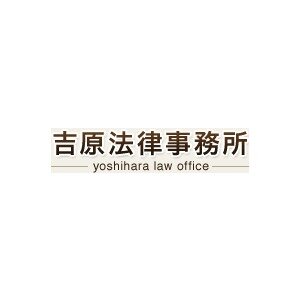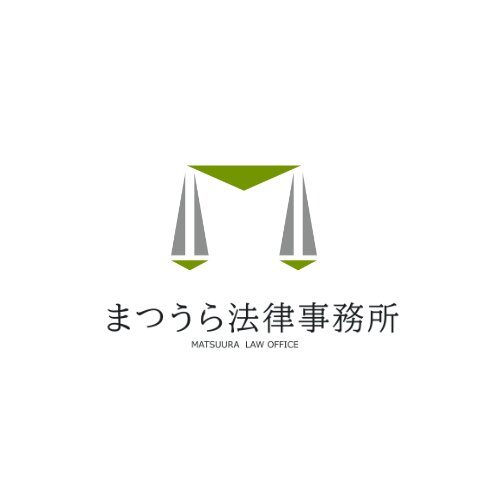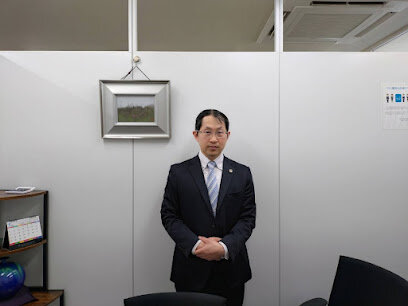Best Family Lawyers in Japan
Share your needs with us, get contacted by law firms.
Free. Takes 2 min.
Free Guide to Hiring a Family Lawyer
Or refine your search by selecting a city:
List of the best lawyers in Japan
About Family Law in Japan
Family law in Japan encompasses the legal framework governing family relationships, including marriage, divorce, child custody, and inheritance, among others. It is designed to balance the rights and responsibilities of individuals within family units, ensuring equitable treatment for all parties involved. Japanese family law is heavily influenced by both traditional cultural values and modern legal principles, creating a unique environment for resolving family matters.
Why You May Need a Lawyer
There are several situations in which you might need the assistance of a family lawyer in Japan. Common situations include:
- Divorce Proceedings: Handling the legal dissolution of marriage, including the division of assets and debts, child custody, and support.
- Child Custody Disputes: Resolving disagreements regarding the living arrangements and parental responsibilities for a child.
- International Family Issues: Cases involving international marriage or divorce, where laws of multiple countries may come into play.
- Domestic Violence: Legal protection and recourse for victims of domestic violence, including restraining orders and custody matters.
- Adoption: Facilitating the legal process of adopting a child, ensuring compliance with both domestic and international laws.
- Inheritance and Succession: Dealing with the distribution of inherited assets, disputes among heirs, and the creation of wills.
Local Laws Overview
Japanese family law is primarily governed by the Civil Code, which covers areas such as marriage, adoption, and parental authority. Some key aspects include:
- Marriage: Legal marriage requires mutual consent, and the minimum legal age is 18 for men and 16 for women.
- Divorce: Can be obtained through mutual agreement, mediation, or by court decision if contested.
- Child Custody: Typically, custody is granted to one parent, with pension rights and responsibilities clearly defined.
- Inheritance: The succession law mandates the division of estate among heirs, usually prioritizing spouse and children.
- Family Register (Koseki): An essential record for personal status, covering facts like birth, marriage, and death, crucial for various family law procedures.
Frequently Asked Questions
What is the process to get divorced in Japan?
In Japan, divorce can be agreed upon mutually and registered without court involvement, known as 'divorce by agreement'. If parties cannot agree, mediation or litigation may be pursued through the family court.
Can foreigners adopt a child in Japan?
Yes, foreigners can adopt in Japan, but they must meet specific legal requirements and the adoption should conform with international treaties if the child will be taken abroad.
How is child custody decided in Japan?
Child custody in Japan is usually awarded to one parent, focusing on the child's welfare. Factors considered include the existing living environment and each parent's ability to provide a stable upbringing.
What are the rights of grandparents in family law disputes?
While grandparents do not have automatic visitation rights, they can apply to the court for contact with grandchildren, often considered if deemed in the child's best interests.
What constitutes domestic violence in Japan?
Domestic violence encompasses physical abuse, threatening behavior, and emotional abuse. Victims can seek protection orders and support through legal avenues.
Is it possible to get a prenuptial agreement in Japan?
Yes, prenups are legally recognized and can outline the distribution of property and financial arrangements in case of divorce, though such agreements are not common cultural practice.
How are inheritance disputes resolved?
Inheritance disputes are resolved through negotiation among heirs, mediation, or ultimately via court proceedings if agreements cannot be reached.
Can I contest a will in Japan?
Yes, a will can be contested if there are doubts regarding its validity, such as issues related to the testator's mental capacity or execution procedures.
What role does the Koseki play in family law?
The Koseki is crucial as it documents vital personal status information, impacting legal matters like divorce, custody, and inheritance processes.
Are there laws addressing parental abduction in Japan?
Parental abduction may violate international treaties Japan is a party to, such as the Hague Convention, allowing cooperation to resolve such cases.
Additional Resources
For further assistance and information, you can contact:
- Japan Legal Support Center (JLSC): Provides legal consultation and assistance.
- Family Court of Japan: Specializes in family cases providing resources and mediation services.
- Japan Federation of Bar Associations: Offers contact details for qualified family law attorneys.
- Local municipal offices: Can offer support and guidance on navigating family law procedures.
Next Steps
If you need legal assistance in family law matters in Japan, consider the following steps:
- Identify Your Needs: Clearly define your legal needs, whether it's divorce, custody, or inheritance issues.
- Consult a Lawyer: Seek a consultation with an experienced family law attorney to understand your rights and options.
- Gather Documents: Prepare relevant documents, such as marriage certificates, Koseki copies, and financial records.
- Consider Mediation: Explore mediation for amicable resolution attempts before pursuing litigation.
- File Necessary Applications: Ensure all legal paperwork and applications are correctly filled out and submitted.
Legal matters can be complex and emotionally taxing, so it's advised to work closely with professionals who can guide you through the process.
Lawzana helps you find the best lawyers and law firms in Japan through a curated and pre-screened list of qualified legal professionals. Our platform offers rankings and detailed profiles of attorneys and law firms, allowing you to compare based on practice areas, including Family, experience, and client feedback.
Each profile includes a description of the firm's areas of practice, client reviews, team members and partners, year of establishment, spoken languages, office locations, contact information, social media presence, and any published articles or resources. Most firms on our platform speak English and are experienced in both local and international legal matters.
Get a quote from top-rated law firms in Japan — quickly, securely, and without unnecessary hassle.
Disclaimer:
The information provided on this page is for general informational purposes only and does not constitute legal advice. While we strive to ensure the accuracy and relevance of the content, legal information may change over time, and interpretations of the law can vary. You should always consult with a qualified legal professional for advice specific to your situation.
We disclaim all liability for actions taken or not taken based on the content of this page. If you believe any information is incorrect or outdated, please contact us, and we will review and update it where appropriate.
Browse family law firms by service in Japan
Japan Attorneys in related practice areas.
Browse family law firms by city in Japan
Refine your search by selecting a city.

















